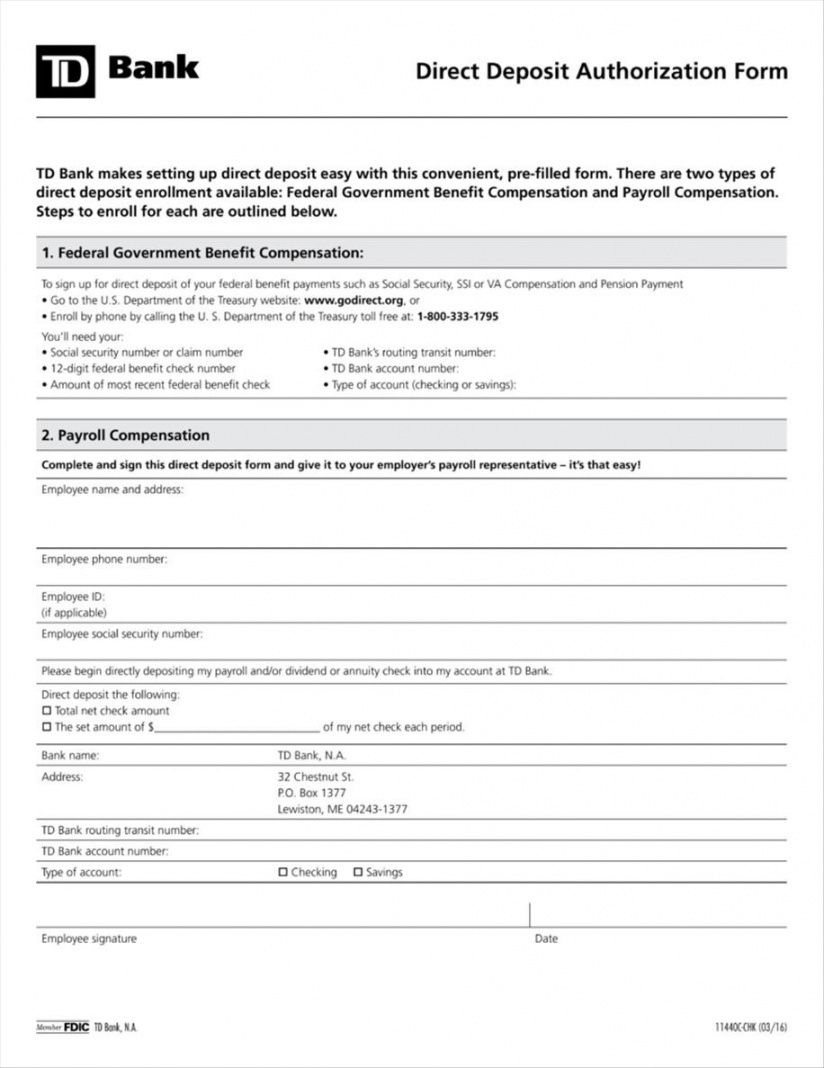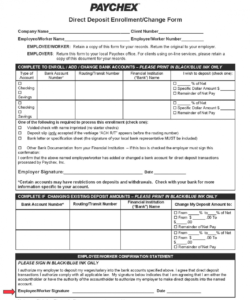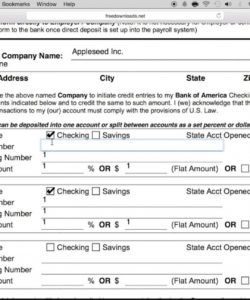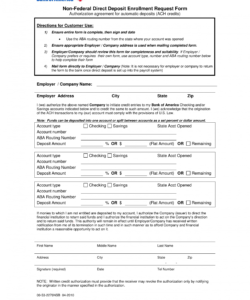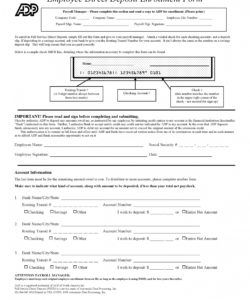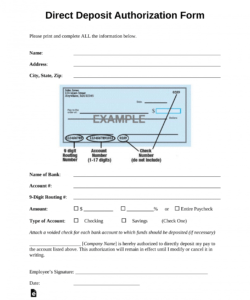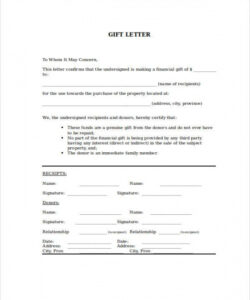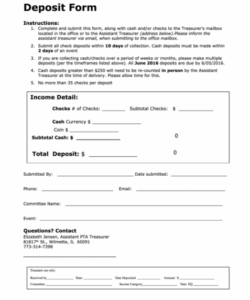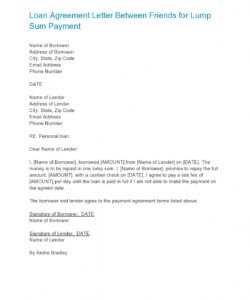Bank direct deposit form template, A great deal of money management courses and experts admit that savings are a significant starting point towards having a secondary income. Savings in this regard point towards the money that’s saved each time an individual gets any kind of cash be it wages, presents or tax refunds. The savings you create during a long period of time or possibly a shorter one can end up being as vital as having another stream of revenue. These savings consistently help you especially in meeting unexpected expenses and realizing potential goals.
Custodial – this type of protection requires the landlord to cover the complete quantity of the deposit to a documented scheme. The money is held in the strategy until the tenant leaves the house. Providing there are no disputes the deposit is paid back to the tenant. Where there’s a dispute the scheme utilizes an adjudicator to arbitrate between landlord and tenant. The adjudicator’s decision is usually final. Insurance – having an insurance type strategy the landlord retains the entire deposit. The landlord pays a fee for insurance to protect the deposit. The insurance has to be obtained using a government approved scheme. When the tenant leaves the property that the landlord repays the deposit back to the renter. Insurance type schemes also possess an adjudicator support in case there is a dispute. If a dispute does arise the adjudicator will require the landlord to cover the entire deposit to the plot while the dispute is researched.
A landlord has 28 days to register a deposit with either a custodial or insurance type strategy. Information regarding the registration of this deposit has to be supplied to the renter. Under the Housing Act there is a prescribed format for information to be supplied. The landlord could be taken to court by the tenant where the information has not been provided in the correct format. Tenants have the right to go back six years prior to taking action against the landlord.
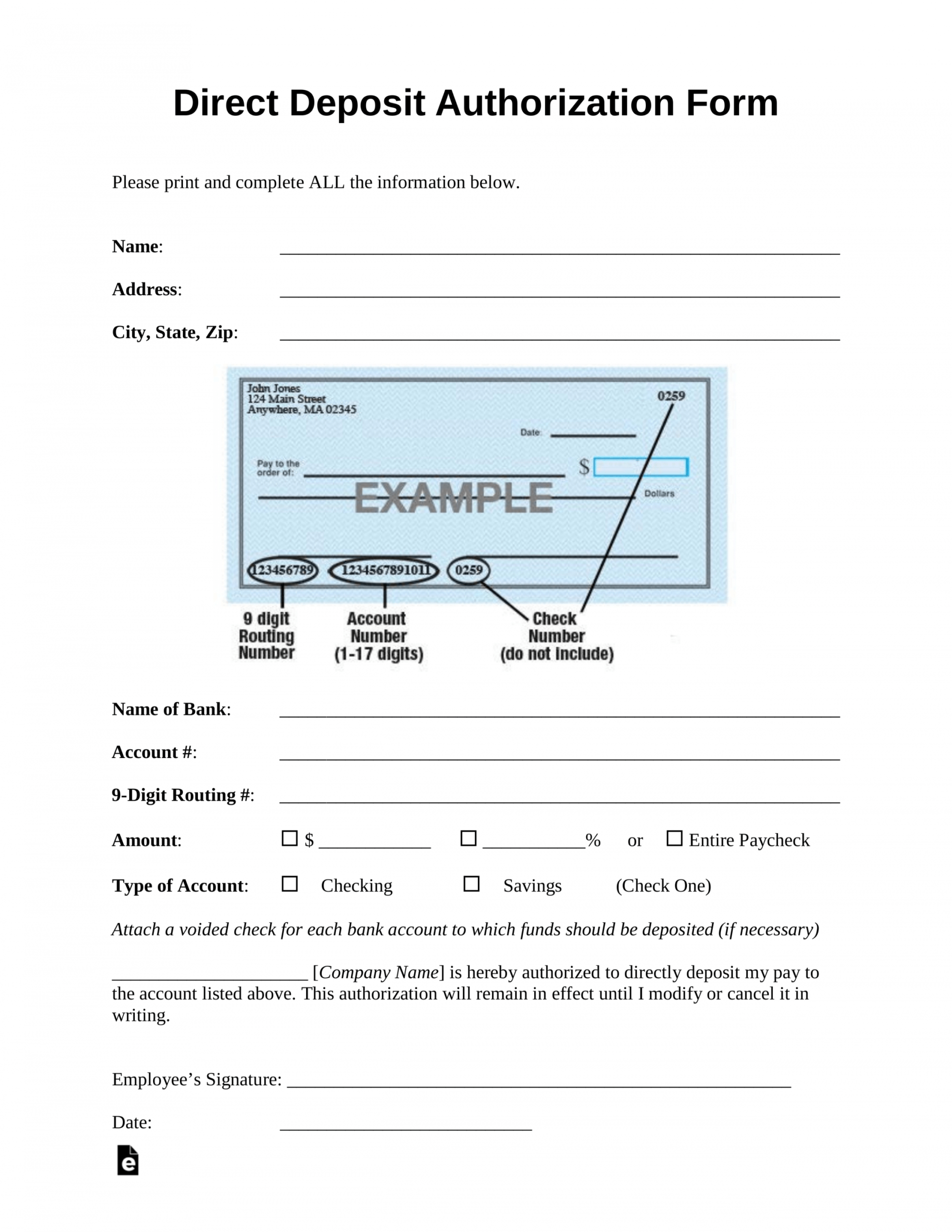
Where the landlord fails to enroll the bond there are hefty penalties. The landlord can have to pay the tenant a sum three times more than the deposit; or they may have to pay back all rent and a punishment or the landlord may eliminate the right to evict the tenant in the home the choice on the fee is taken by the court. Some landlords say they do not take deposits they only ask the tenant to pay two months rent beforehand. If the tenant pays rent monthly and the landlord always has a float of one month’s rent this is just like taking a deposit along with the rules concerning failure to register a deposit will apply.

